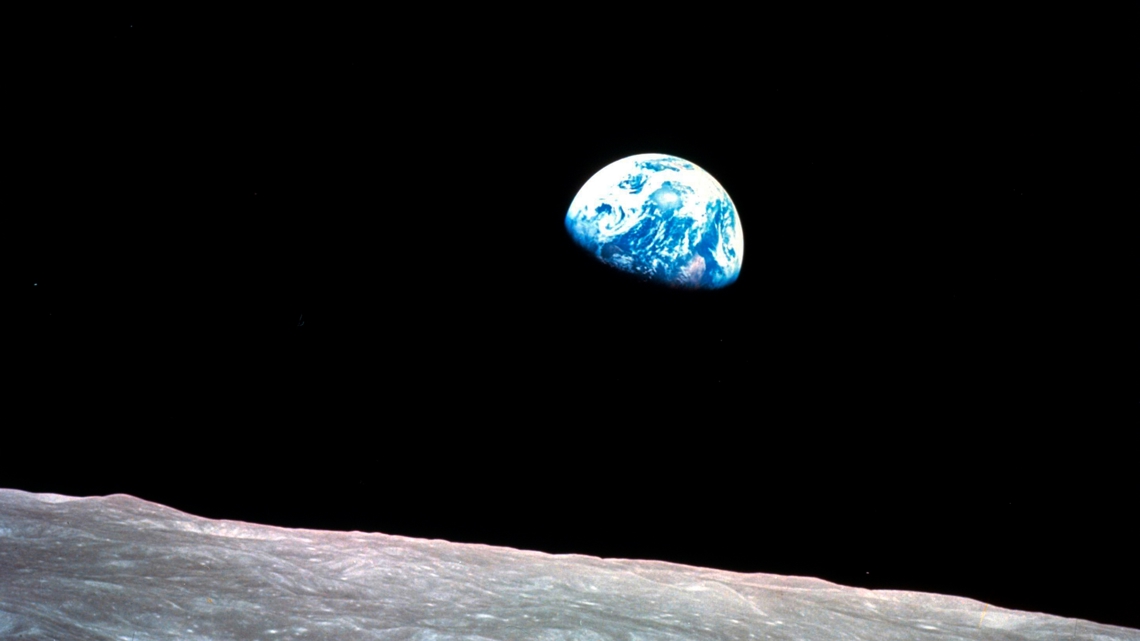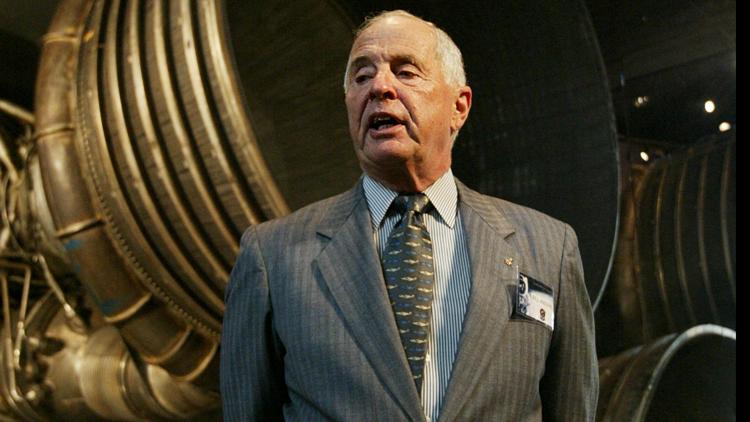Retired Maj. Gen. William Anders, 90, a former Apollo 8 astronaut, was killed Friday when the plane he was piloting alone plummeted into the waters off the San Juan Islands in Washington state.
Anders took the iconic “Earthrise” photo showing the planet as a shadowed blue marble from space in 1968.
His son, Greg Anders, confirmed the death to The Associated Press.
“The family is devastated,” Greg Anders said. “He was a great pilot and we will miss him terribly.”
A report came in around 11:40 a.m. that an older-model plane crashed into the water and sank near the north end of Jones Island, San Juan County Sheriff Eric Peter said.
Only the pilot was on board the Beech A45 airplane at the time, according to the Federal Aviation Association.
Anders said the photo was his most significant contribution to the space program, given the ecological philosophical impact it had, along with making sure the Apollo 8 command module and service module worked.
He recounted how the earth looked fragile and seemingly physically insignificant, yet was home.
“We’d been going backwards and upside down, didn’t really see the Earth or the Sun, and when we rolled around and came around and saw the first Earthrise,” he said. “That certainly was, by far, the most impressive thing. To see this very delicate, colorful orb which to me looked like a Christmas tree ornament coming up over this very stark, ugly lunar landscape really contrasted.”


NASA administrator Bill Nelson paid tribute to Anders in a post on X.
"In 1968, during Apollo 8, Bill Anders offered to humanity among the deepest of gifts an astronaut can give. He traveled to the threshold of the Moon and helped all of us see something else: ourselves," Nelson wrote. "He embodied the lessons and the purpose of exploration. We will miss him."
In a 1997 NASA oral history interview, Anders said that he didn’t think the Apollo 8 mission was risk-free but there were important national, patriotic and exploration reasons for going ahead. He estimated there was about one in three chance that the crew wouldn’t make it back and the same chance the mission would be a success and the same chance that the mission wouldn’t start to begin with. He said he suspected Christopher Columbus sailed with worse odds.
The National Transportation Safety Board and FAA are investigating the crash.



